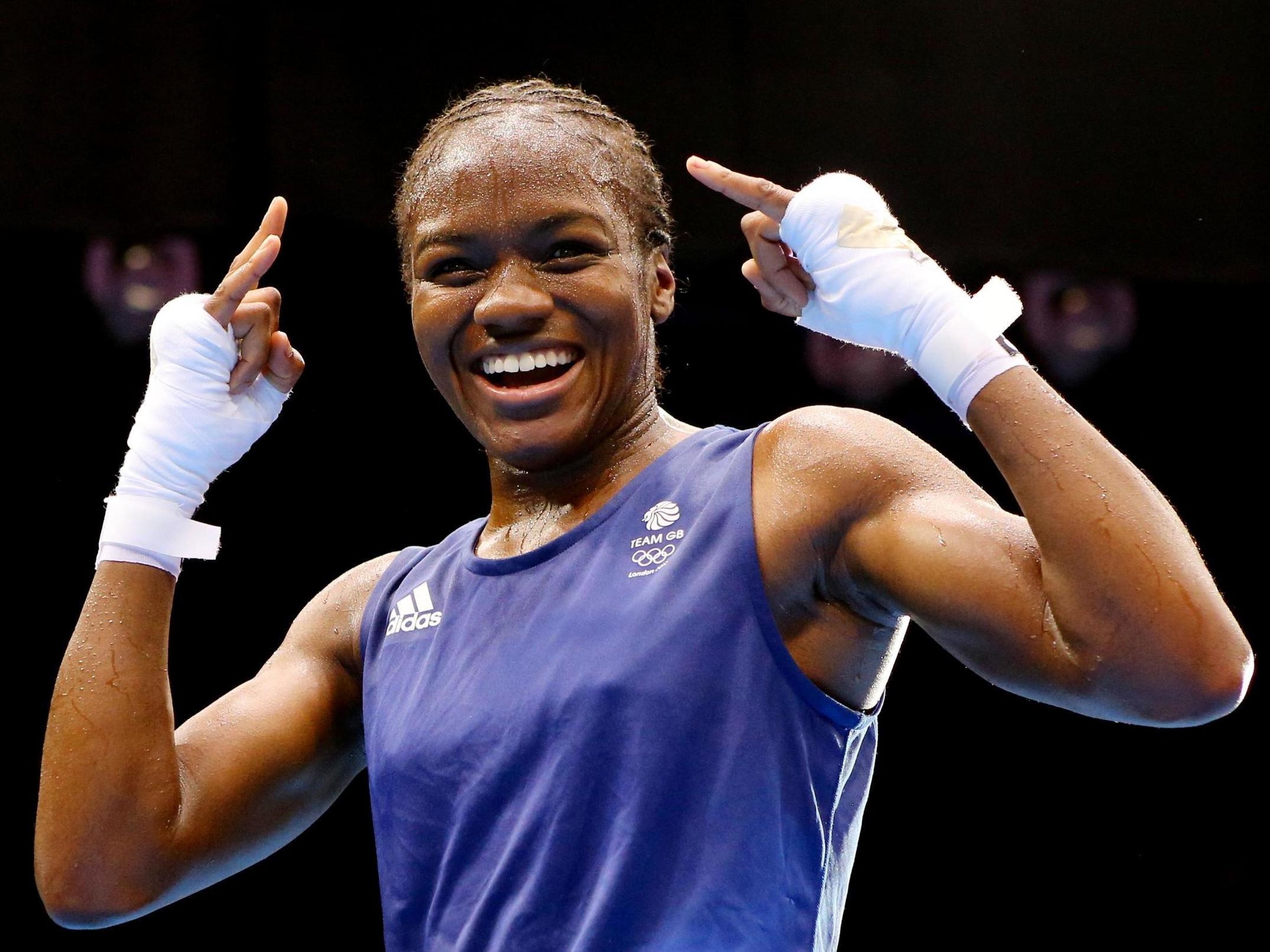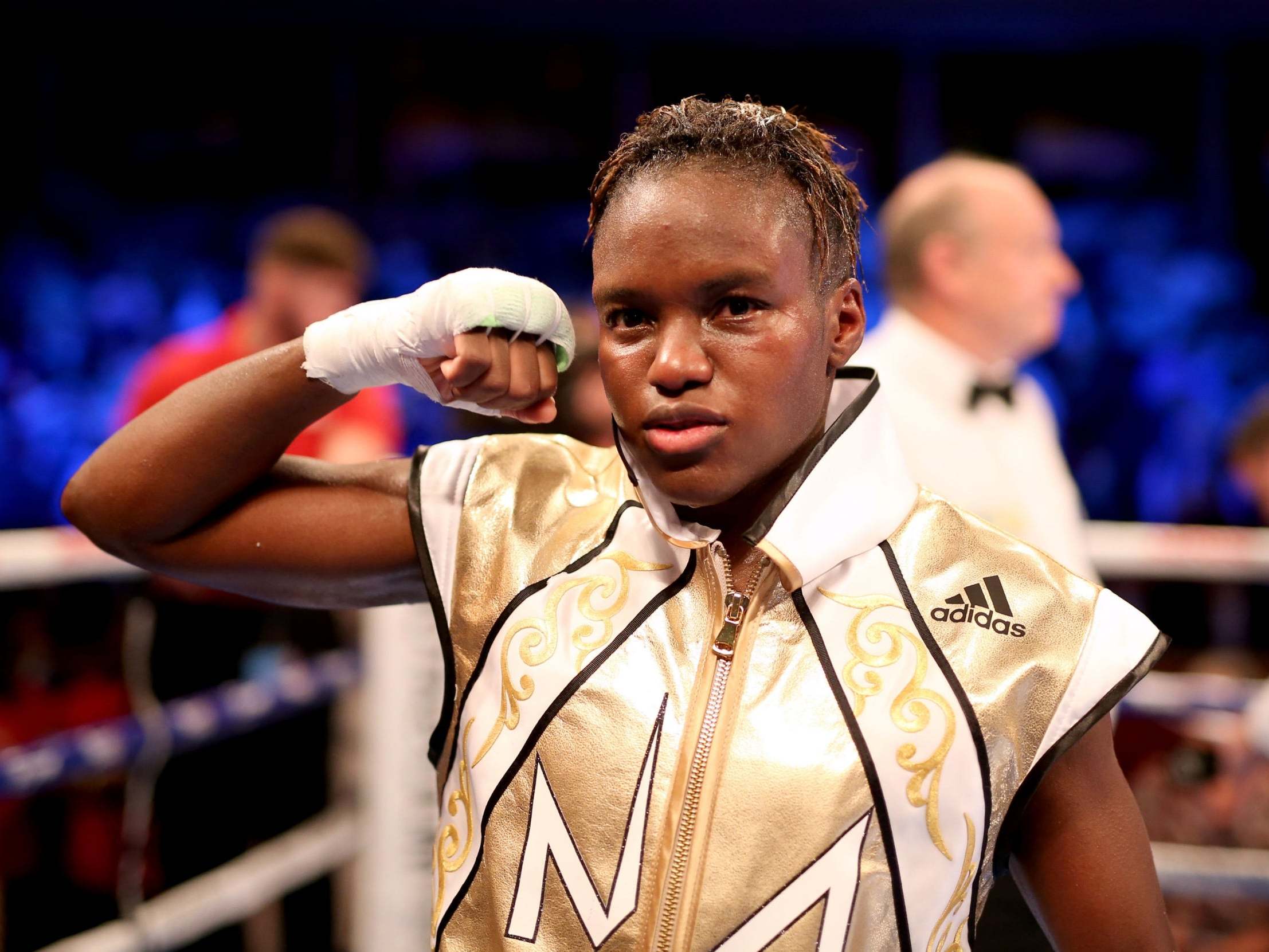Nicola Adams retirement: How the two-time Olympic champion took the boxing world by storm
Adams has announced her retirement from boxing at the age of 37

Your support helps us to tell the story
From reproductive rights to climate change to Big Tech, The Independent is on the ground when the story is developing. Whether it's investigating the financials of Elon Musk's pro-Trump PAC or producing our latest documentary, 'The A Word', which shines a light on the American women fighting for reproductive rights, we know how important it is to parse out the facts from the messaging.
At such a critical moment in US history, we need reporters on the ground. Your donation allows us to keep sending journalists to speak to both sides of the story.
The Independent is trusted by Americans across the entire political spectrum. And unlike many other quality news outlets, we choose not to lock Americans out of our reporting and analysis with paywalls. We believe quality journalism should be available to everyone, paid for by those who can afford it.
Your support makes all the difference.Twelve years ago there were precious few signs that Nicola Adams was poised to take the boxing world by storm.
Women’s boxing was still fighting for Olympic inclusion and Adams’ silver medal at the European Championships in Denmark had passed almost entirely unheralded.
Speaking to Adams in those early days invariably yielded tales of financial hardship and low-key successes against the odds.
In interviews with the Leeds fighter, who was then still routinely billed out of Haringey or Bradford, she conceded that she frequently came close to quitting the sport.
Even when women’s boxing earned acceptance into the Olympics in 2009, Adams’ fighting future was shrouded in doubt.
A chronic back injury laid her low for the duration of the GB trials, and only the foresight of performance director Rob McCracken saw her accepted onto the programme which would set her on her way to overdue stardom.
Despite the unprecedented interest that accompanied the introduction of women’s boxing at London 2012, Adams entered the competition as far from its poster-girl.
That was an honour afforded teenager Savannah Marshall, who went into the Games as the reigning world champion – a title that had so far eluded Adams, who had to settle for a trio of silvers.
Two weeks later, Adams had left no room for doubt about her star quality, storming to a gold medal which resonated way beyond her sport and created arguably the strongest of legacies to emerge from the historic home Games.
Lacing on a pair of gloves and sticking in a gumshield now seem natural activities to a generation of young girls raised on footage of Adams’ Olympic exploits.
Watching Adams’ success at the sold-out ExCel Centre was to experience the very real sense of history in the making.
Adams’ opening victory over the experienced Bulgarian Stoyka Petrova guaranteed her a medal and set up a mouthwatering clash with India’s five-time world champion Mary Kom.
As Marshall fell away to first round defeat, Adams readily assumed the mantle of Britain’s next big hope as she repelled Kom’s relentless advances to cruise into the flyweight final.
Shrugging off the burden of increased expectation, Adams would seize the opportunity to extinguish all her years of frustration and put her name in permanent lights.

Facing Ren Cancan, the Chinese world number one who had denied Adams her first world title only months earlier, Adams summoned a performance which will surely rank as her career-best.
Adams did not just beat Ren, she floored and exposed her and rounded off a remarkably one-sided victory with a trademark Ali-shuffle as she basked in the adulation of her adoring fans.
She had come a long way from paying her own way to fight abroad. Adams truly blazed a trail like few before her, and it was a privilege to be ringside to witness her success.
PA
Join our commenting forum
Join thought-provoking conversations, follow other Independent readers and see their replies
Comments